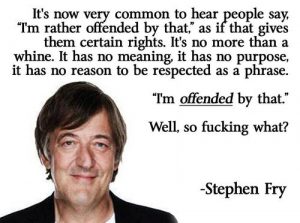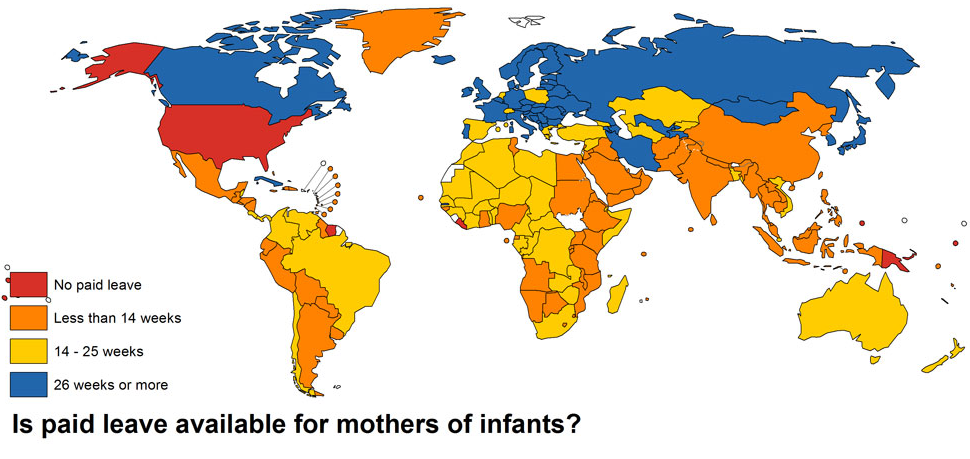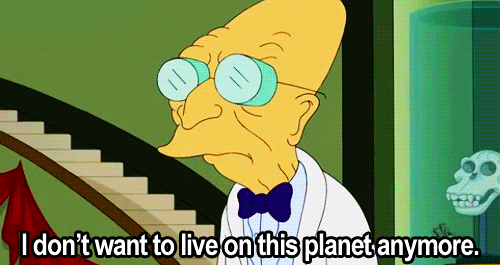Algorithms are flawed. And yet they seem to be the best technology companies have to offer. How many products claim to “learn from your behavior”? But what happens when I am the weaker part in this information exchange? There is no way I can know what gems are hidden in the database. So once again the products recommended to me are repetitive or shallow.
So it was great to stumble upon Susanna Leijonhufvud’s Liquid Streaming, a thesis on Spotify and the ways in which streaming music, selected by algorithm not only learns from our experiences, but more interestingly, acts to train us into being musical cyborgs (a la Haraway)
Starting from the human, the human subject can indeed start to act on the service by asking for some particular music. But then, as this music, this particular track, may be a part of a compilation such as an album or a playlist, the smart algorithms of the service, e.g. the machine, will start to generate suggestions of music back to the human subject. Naturally, the human subject can be in charge of the music that is presented to her by, for instance, skipping a tune, while listening on a pre-set playlist or a radio function. Still, the option in the first place is presented through a filtering that the machine has made, a filtering that is originally generated from previously streamed music or analysis of big data, e.g. other networked subject’s streamed music. Added to this description; if an input derives from the subject’s autonomous system, then the analogy of an actor-network is present on yet other layers. The actor-network of the musical cyborg work both within the subject itself, as the subject is not consistent with an identity as an entity, as well as between the subject and the smart musical cicerones.
Leijonhufvud (2018) Liquid Streaming p. 274
We often forget this feedback loop. Since we are trained by the algorithms the level of serendipity and growth is relatively low and we tend to be stuck in a seemingly narrow spiral – especially considering we are supposed to have access to an almost infinite amount of music.
As a newish Spotify user who is musically ignorant, I often find the algorithm to be laughably unhelpful since it does little to expand my horizons and as such is less of a cicerone (knowledgable guide) and more of a frustrated and frustrating gatekeeper.
It would be nice not to have the things I already know recommended to me ad infinitum, but rather show me things I have not seen or heard. Sure I may hate them but at least I may have the chance of expanding my repertoire.
Susanna Leijonhufvud (2018) Liquid Streaming: The Spotify Way To Music, Doctoral Thesis, Luleå University of Technology, (Fulltext here http://www.diva-portal.org/smash/record.jsf?pid=diva2%3A1171660&dswid=-2263





